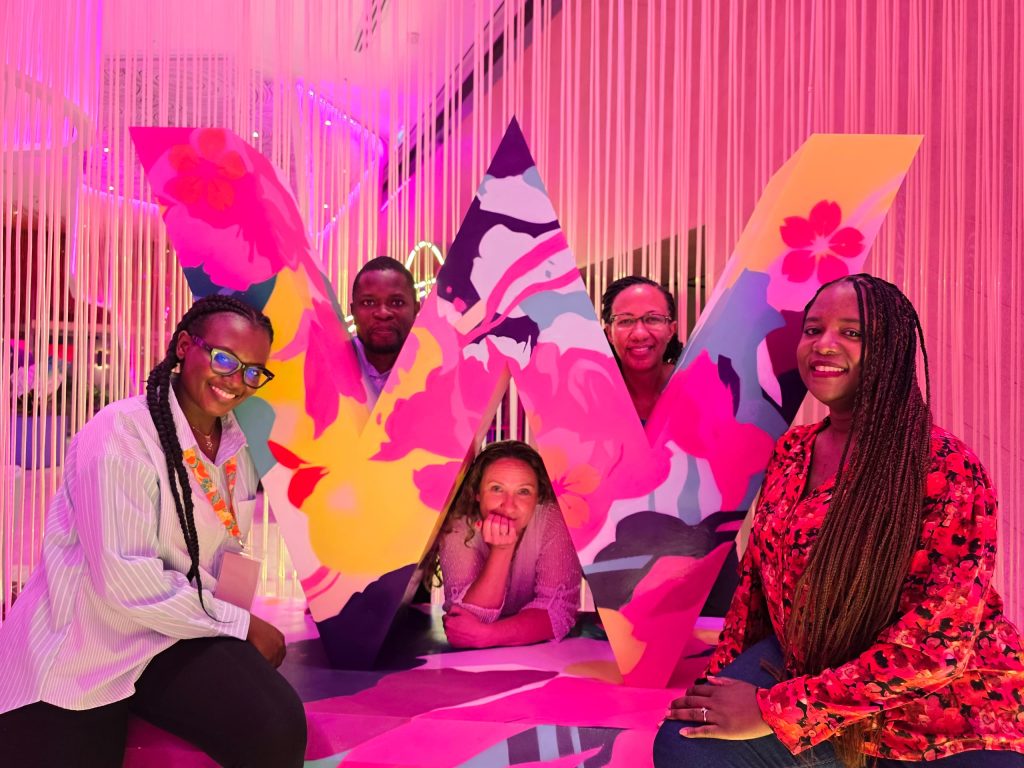The 12th annual Global Health Bioethics Network (GHBN) Annual Summer School took place from 19 to 23 August bringing together a diverse group of academics, ethicists and community engagement professionals to deep dive on bioethical issues in research. With topics ranging from Mental Health, Artificial Intelligence and emerging technologies, the 40 plus multinational delegates including four from the Malawi Liverpool Wellcome Research Programme (MLW) convened in Kuala Lumpur, Malaysia.
The GHBN Summer School, deliberately aims to spotlight bioethical complexities and dilemmas often faced in research work, creating and promoting open and honest dialogue on such issues. Participants come together ready to share their experiences from their line of work from the bioethics perspective and engage in discussions with their peers in the GHBN network.
Dr. Deborah Nyirenda, Associate Group Head of the Community Engagement and Bioethics group and MLW shared about the “Responsive Dialogues: Engaging communities to address AMR in Malawi” community engagement project which took place from 2020 to 2021. She spoke about the experience conducting the project at the height of the COVID19 pandemic.
Blessings Kapumba, a social scientist and postdoctoral research associate at MLW, shared his experiences navigating ethical challenges as an ethnographer under the Shire Vec study in Chikwawa. Living with community members within the location of the upcoming government funded irrigation project in the Shire Valley, Blessings is investigating key behavioural practices within smallholder farming communities related to vector-borne disease risks in Malawi.
Lindiwe Mafuleka, Communications and Public Engagement Manager at MLW, described the key community engagement initiatives which create and sustain two-way dialogue and lasting relationships between researchers and the community; an ethical requirement in research. She also highlighted a recent collaborative community engagement project with the New York Based Center for New Democratic Processes (CNDP) that took place in May 2024. The project brought together a ‘Citizen Jury’ of 18 community members to dialogue about anti-microbial resistance. The deliberations from the citizen jury will be presented at the 2024 United Nations General Assembly in the United States of America.
Wezi Lora, Post-doctoral Research Associate at MLW shared her work on investigating the acceptability of COVID-19 self-testing in Blantyre Malawi focusing on the nuances involved in rolling out this health innovation.
Each year, the Summer school is organized by the Ethox Center, a coordinator of the GHBN network under the University of Oxford. This year the summer school was co organized with the University of Malaya in Malaysia.
